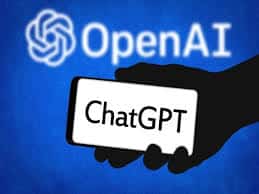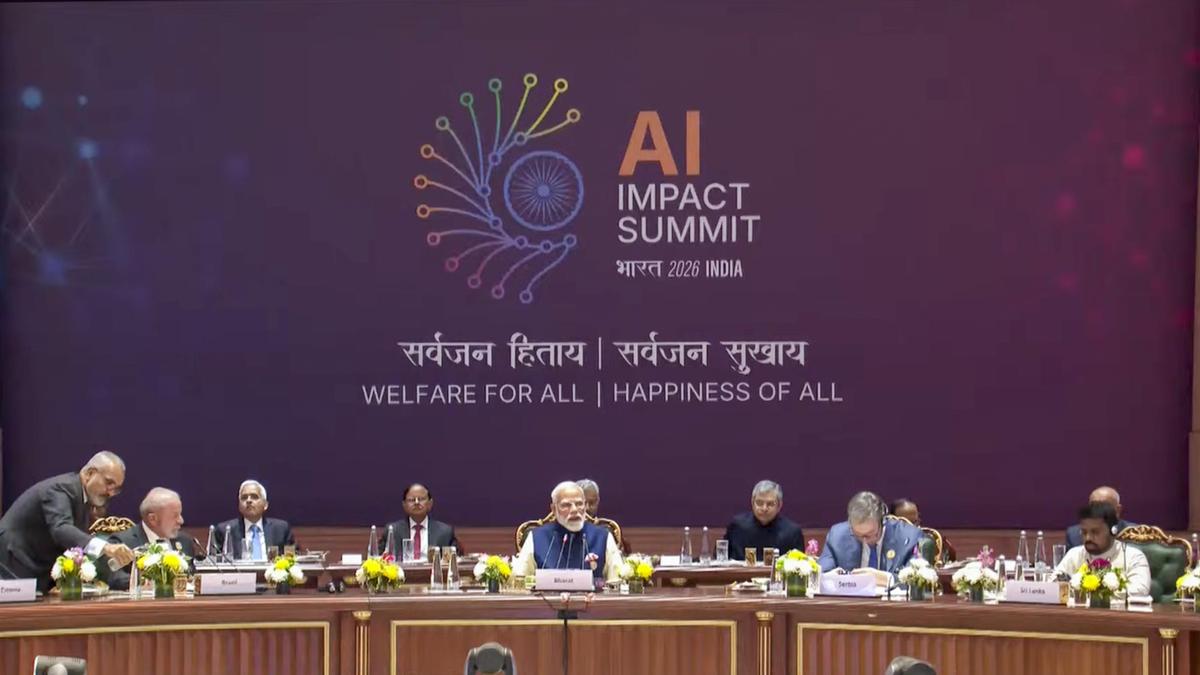What’s in today’s article?
- Why in News?
- About Artificial Intelligence
- Experts’ Concern with Artificial Intelligence
- Why does the Experts’ Letter Focus on GPT-4?
- Should AI be Regulated before it’s too late?
- Benefits of Regulating AI outweigh Potential Losses
Why in News?
- A group of AI experts signed an open letter calling for a moratorium on developing Artificial Intelligence (AI) systems that are more powerful than OpenAI’s recently launched large language model (LLM), GPT-4.
About Artificial Intelligence
- Artificial intelligence (AI) is the ability of a computer or a robot controlled by a computer to do tasks that are usually done by humans because they require human intelligence and discernment.
- The term is frequently applied to the project of developing systems endowed with the intellectual processes characteristic of humans, such as the ability to reason, discover meaning, generalize, or learn from past experience.
- AI algorithms are trained using large datasets so that they can identify patterns, make predictions and recommend actions, much like a human would, just faster and better.
Experts’ Concern with Artificial Intelligence
- Recently, a group of more than 1,000 AI experts, including Elon Musk, have written an open letter calling for a six-month pause in developing systems more powerful than OpenAI’s newly launched GPT-4.
- This AI moratorium has been requested because “powerful AI systems should be developed only once we are confident that their effects will be positive and their risks will be manageable,” according to the letter.
- An example of why there is a need for AI moratorium –
- As many as 300 million full-time jobs around the world could be automated in some way by the latest AI, according to Goldman Sachs economists.
Why does the Experts’ Letter Focus on GPT-4?
- On March 14, OpenAI launched its most advanced large language model (LLM) yet: GPT-4. This model has been trained on a trillion parameters.
- Having access to such a large dataset allows GPT-4 to learn and understand complex patterns and nuances in natural language far better than its predecessor.
- Unlike its predecessor, GPT-4 is capable of handling both text and image-based queries.
- Such multi-modal advances give GPT-4 scale to get closer to artificial general intelligence (AGI).
- That means machine intelligence could be as good as human intelligence.
- Computer scientists and ethicists are grappling with this eventuality.
Should AI be Regulated before it’s too late?
- Artificial Intelligence is already suffering from three key issues – privacy, bias and discrimination.
- Currently, governments do not have any policy tools to halt work in AI development.
- If left unchecked, it can start infringing on – and ultimately take control of – people’s lives.
- Businesses across industries are increasingly deploying AI to analyse preferences and personalize user experiences, boost productivity, and fight fraud.
- For example, ChatGPT Plus, has already been integrated by Snapchat, Unreal Engine and Shopify in their applications.
- This growing use of AI has already transformed the way the global economy works and how businesses interact with their consumers.
- However, in some cases it is also beginning to infringe on people’s privacy.
- Hence, AI should be regulated so that the entities using the technology act responsible and are held accountable.
- Laws and policies should be developed that broadly govern the algorithms which will help promote responsible use of AI and make businesses accountable.
- Mandatory regulations on AI can go a long way in preventing technology from infringing human rights.
- They can also help ensure that technology is used for the benefit of end users instead of negatively affecting their lives.
Benefits of Regulating AI outweigh Potential Losses
- It is true that regulating AI may adversely impact business interests. It may slow down technological growth and suppress competition.
- However, taking a cue from General Data Protection Regulation (GDPR), the governments can create a more AI-focused regulations and have a positive long-term impact.
- GDPR is the European Union’s law which ensures the protection of individuals with regard to the processing of personal data and on the free movement of such data.
- Governments must engage in meaningful dialogues with other countries on a common international regulation of AI.
Q1) From where does ChatGPT get its data?
ChatGPT is an AI language model that was trained on a large body of text from a variety of sources (e.g., Wikipedia, books, news articles, scientific journals).
Q2) Does Artificial Intelligence have a legal personhood in India?
Unlike a corporation, AI have not been granted the status of legal personhood and so it does not the recognition for its work, rather the person for whom it performed the task gets the reward and recognition for it.
Source: Explained | The moratorium call on ChatGPT’s successor | ToI
Last updated on February, 2026
→ UPSC Notification 2026 is now out on the official website at upsconline.nic.in.
→ UPSC IFoS Notification 2026 is now out on the official website at upsconline.nic.in.
→ UPSC Calendar 2026 has been released.
→ UPSC Final Result 2025 is expected to be released in the second week of April 2026.
→ Check out the latest UPSC Syllabus 2026 here.
→ Join Vajiram & Ravi’s Interview Guidance Programme for expert help to crack your final UPSC stage.
→ UPSC Mains Result 2025 is now out.
→ UPSC Prelims 2026 will be conducted on 24th May, 2026 & UPSC Mains 2026 will be conducted on 21st August 2026.
→ The UPSC Selection Process is of 3 stages-Prelims, Mains and Interview.
→ Prepare effectively with Vajiram & Ravi’s UPSC Prelims Test Series 2026 featuring full-length mock tests, detailed solutions, and performance analysis.
→ Enroll in Vajiram & Ravi’s UPSC Mains Test Series 2026 for structured answer writing practice, expert evaluation, and exam-oriented feedback.
→ Join Vajiram & Ravi’s Best UPSC Mentorship Program for personalized guidance, strategy planning, and one-to-one support from experienced mentors.
→ Check UPSC Marksheet 2024 Here.
→ UPSC Toppers List 2024 is released now. Shakti Dubey is UPSC AIR 1 2024 Topper.
→ Also check Best UPSC Coaching in India




















